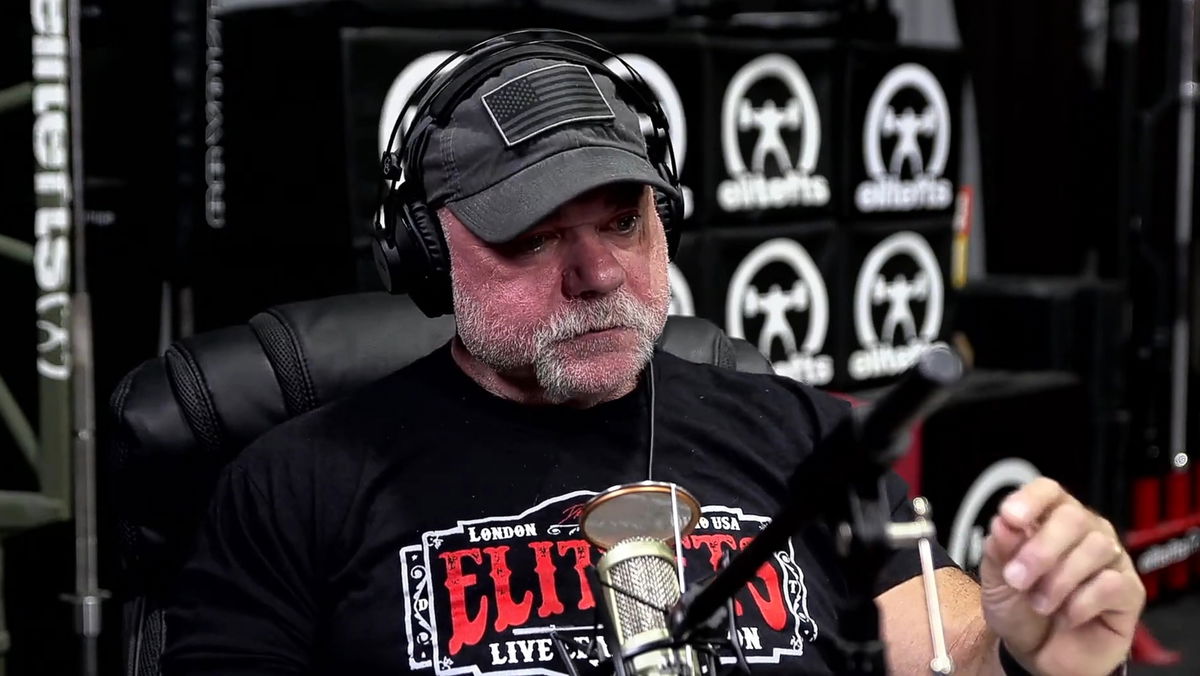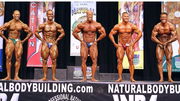

In a recent podcast, renowned nutritional expert Nathan Payton and former powerlifting champion Dave Tate shared eye-opening insights into the challenges of aging in the strength and bodybuilding industry. Moreover, they shed light on the transformative power of innovative technology. Tate, who is a prominent figure in strength and performance sports, fondly recalled his early career in the 1980s. Additionally, he emphasized the scarce information available to athletes back then with regard to training methodologies and nutrition.
Watch What’s Trending Now!
In several interviews, the retired athlete spoke about his introduction to powerlifting during the 80s, emphasizing the lack of available information and guidance in the fitness industry at that time. Consequently, athletes primarily relied on trainers’ recommendations and frequently adhered to protocols without fully understanding the core principles. Tate has expressed how this inadequate knowledge hindered his early career progress.
ADVERTISEMENT
Filling the knowledge gap: Dave Tate on the Contemporary training methods
Throughout his remarkable powerlifting career from 1983 to 2004, Tate achieved elite rankings in various weight classes. Despite his success, he couldn’t help but wonder about the potential benefits he might have gained if he had access to the cutting-edge resources and technologies that exist today. “When you start you don’t have access to shit, you know then once you get older it’s like now you get access to everything, best gym, you have access to all this shit, but you’re F***ed because now you only got two years left, why couldn’t I have this from the beginning?”
View this post on Instagram
Prompted by Payton’s question regarding what advice he would give his younger self in high school, the former strength athlete replied with a straightforward goal: “Find a way to have the resources earlier.” Recognizing the significant value of advanced technology and contemporary training methods, Tate emphasized the importance of obtaining these tools and knowledge at the start of his career.
ADVERTISEMENT
Reflecting on missed opportunities: How Tate’s limited exposure shaped his dietary choices
During a GOMETAL.COM interview, the CEO of EliteFTS delved deeper into the evolution of dietary practices in the fitness industry. He recalled that in his early days, low-fat diets dominated as the popular trend. These diets typically limited fat consumption to a maximum of 20 grams per day while allowing for relatively high carbohydrate intake, ranging from three to five hundred grams daily. The veteran powerlifter admitted that, at the time, he relied primarily on one person’s guidance and didn’t explore the variety of dietary choices within the industry.
ADVERTISEMENT
Top Stories
Everything You Need to Know About Mr. Olympia’s Sole Owner Jake Wood, Who Also Brought Ms. Olympia Back

Top 5 Older Bodybuilders/Fitness Influencers Over 50 Who Are Defying Age and Inspiring Others

Bullied for Her Staggering Height, 6ft Female Football Athlete Turned Bodybuilder Set to Feature in Gladiators’ Reboot

Despite Featuring in Over 400 Magazines and $2,500,000 Worth, 54-Y.O Age-Defying Bodybuilder Values Something Else Over Money: “My Biggest Accomplishment”

Top Natural Bodybuilders: The Best of the Best in the Fitness World

In addition, the fitness author acknowledged significant advances in nutrition knowledge and emphasized the variety of dietary approaches available today. Consequently, the introduction of ketogenic diets, carb cycling, and low-fat, high-carb diets has transformed how athletes manage their nutrition. However, his limited exposure as a teenager led him to follow a single prescribed method.
Although Dave Tate’s career experienced significant success despite facing challenges, his reflections emphasize the potential missed opportunities and the immense value of embracing advancements in the fitness industry from the beginning.
ADVERTISEMENT
Watch This Story: Late Powerlifting Legend Who Died Due To Stomach Cancer Once Performed A Risky 200lbs Stunt Single-Handedly
ADVERTISEMENT
ADVERTISEMENT
ADVERTISEMENT

